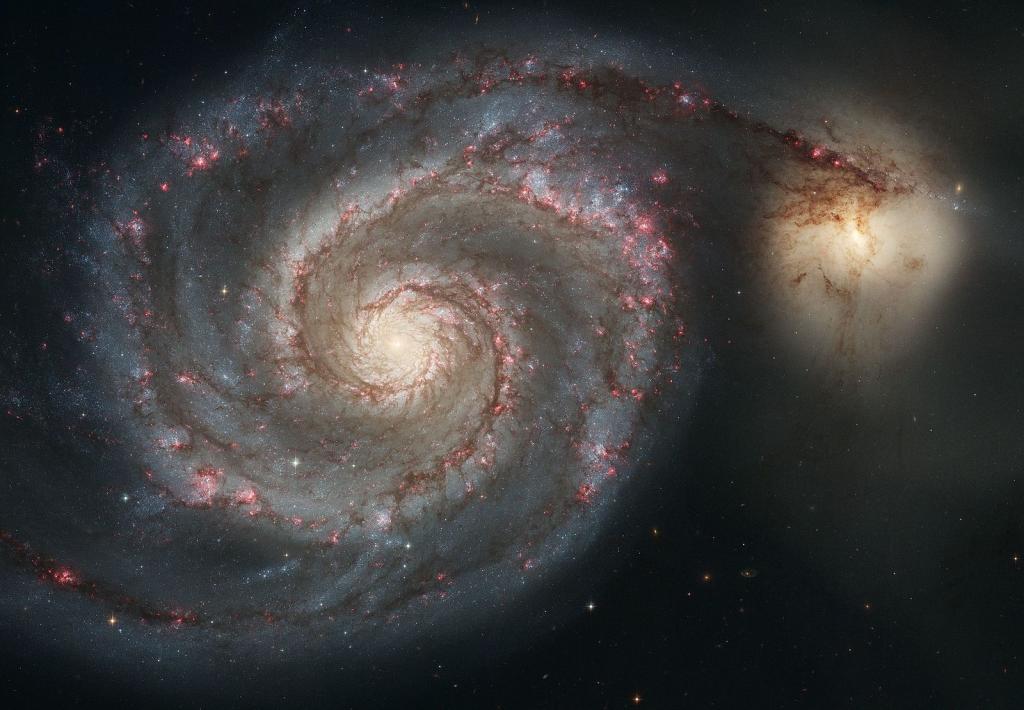
Lawrence Krauss is a physicist at Arizona State University — and a very vocal atheist who believes that the universe came out of “nothing” (or, at least, could have done so) without the aid of a divine creator (e.g., in his A Universe from Nothing: Why There Is Something Rather Than Nothing [2012]).
Amir Aczel (1950-2015) was an Israeli-born American mathematician and historian of mathematics — author of, among numerous other books, Fermat’s Last Theorem: Unlocking the Secret of an Ancient Mathematical Problem (1997); Entanglement: The Greatest Mystery in Physics (2002); Present at the Creation: The Story of CERN and the Large Hadron Collider (2010); and A Strange Wilderness: The Lives of the Great Mathematicians (2011).
In his book Why Science Does Not Disprove God (New York: William Morrow HarperCollins, 2014), Dr. Aczel takes aim at Professor Krauss with regard to what he sees as Krauss’s sloppy — even cheating — definition of “nothingness”:
In set theory, the foundational structure of mathematics, there is one basic concept called the empty set, also known as the null set. The empty set is that which contains no elements at all. This is as close as the human mind can come to understanding nothingness. Pure nothingness is defined as the contents of the empty set. This unique set contains nothing at all: no space, no time, no directions, no elements, no forces, no substance, no ideas, no notions, no rules. Nothing!
If you want to get a feel for this kind of complete and unqualified emptiness, draw a circle as a “something” — it contains a piece of space: it is a something, not a nothing. Now, shrink this circle slowly until it becomes a single point. Once the point is the only thing left, erase it. Now you have emptiness: not a piece of paper — that is gone, too, along with the space, directions such as up and down and left and right, and any elements whatsoever.
Such complete emptiness means nothingness — no space and no points and no directions. From such a complete emptiness, no universe can ever arise. It is here that Krauss and others go wrong. Pure emptiness is something so deeply devoid of any entity that nothing can come out of it. In the Vilenkin model, on which Krauss’s universe-from-nothing theory is based, a preexisting quantum foam must exist. And yet the mathematical empty set is far emptier than the quantum foam: it stands for complete and unqualified emptiness. It is a “nothing,” while the quantum foam is, of course, a “something,” leaving open the big question of how the universe and its particles of matter were ever created. (225-226)
By the way, does anybody out there recognize the source of the title of this blog entry?
***
There’s a whole lot out there that we don’t know and haven’t even seen:
“Voyage into the dark sector: A hidden world of particles awaits.”
***
A note on science and public policy:
“How Free Markets Neutralize Junk Science”
***
I can’t say that I’m particularly surprised:
For a society marked by the rise of the religious “nones,” particularly among Millennials and younger members of Gen X, there is inevitably a hunger for meaning and for guidance. Astrology offers both, but without commitments, without moral demands (especially as regards sexual behavior), and without the sometimes irksome demands of belonging to a community.
In my view, advocates of traditional religion — among whom, for my purposes here, I classify myself and other believing Latter-day Saints — should pay attention to such phenomena as this. They offer openings, ways of appealing to an audience for whom the usual approaches have lost appeal.
***
This article seems closely related:
“Using the Internet May Prompt Religious ‘Tinkering’ Rather than Belief in Only One Religion”











